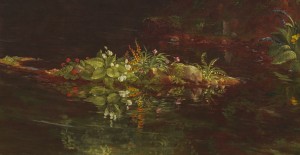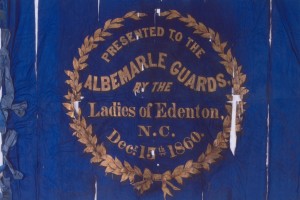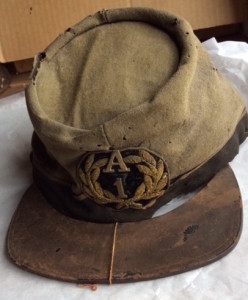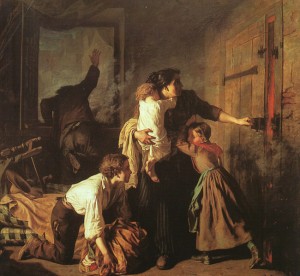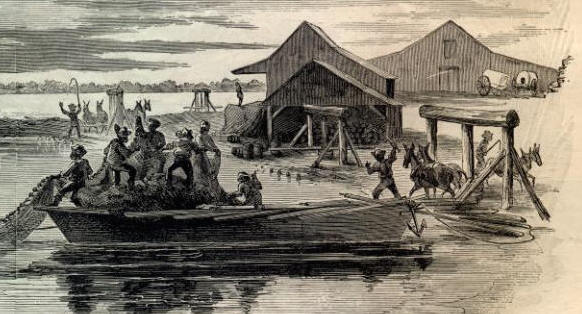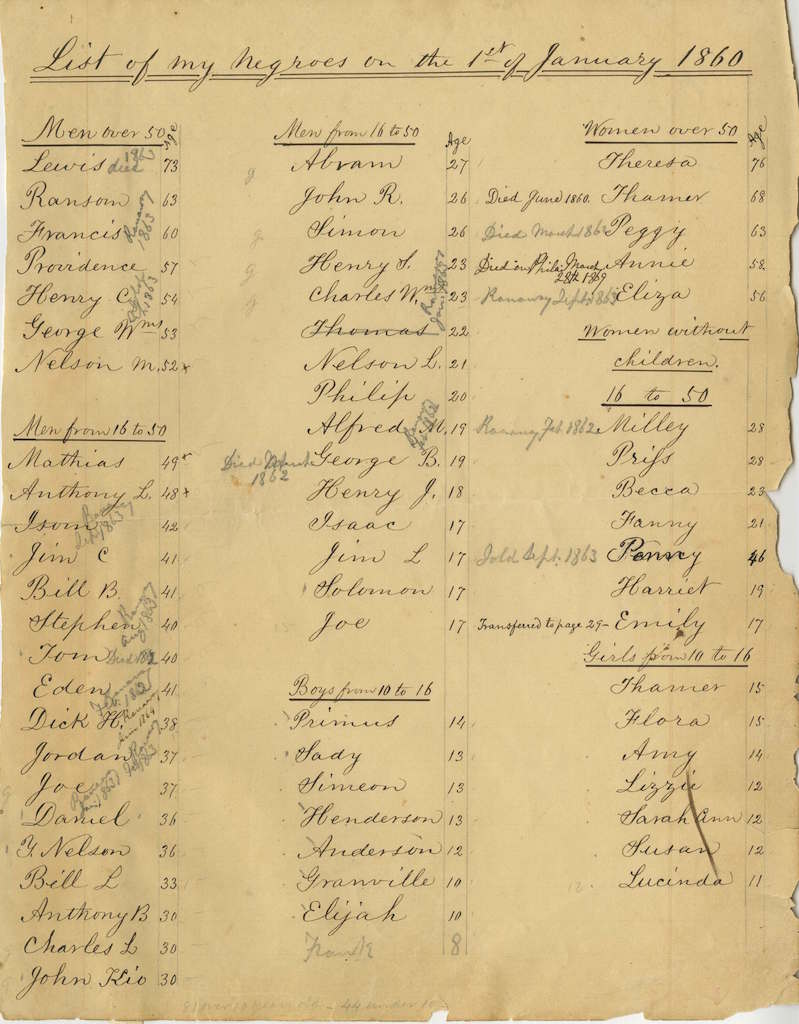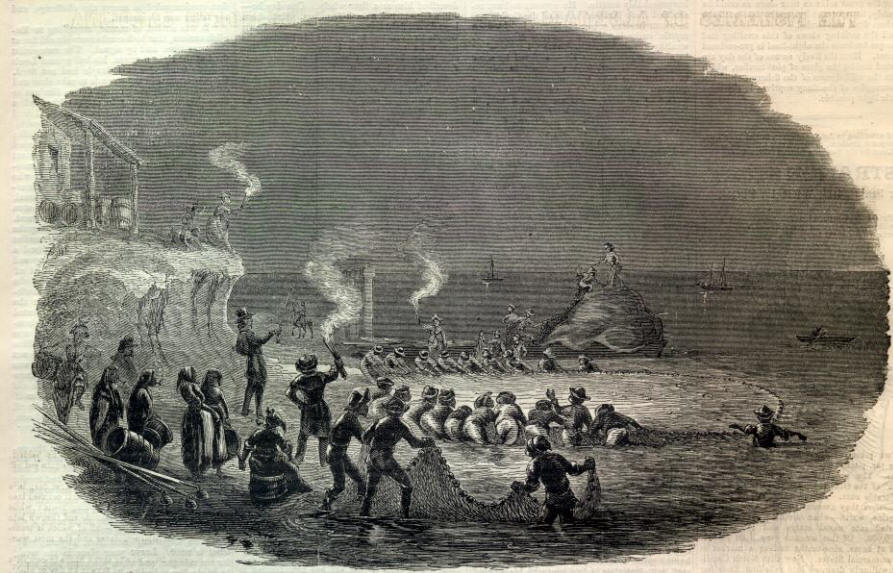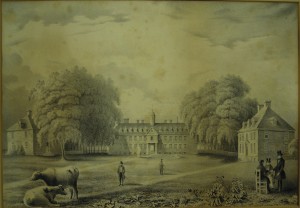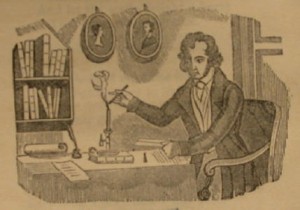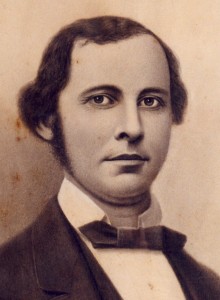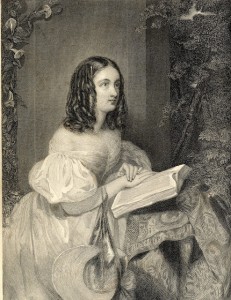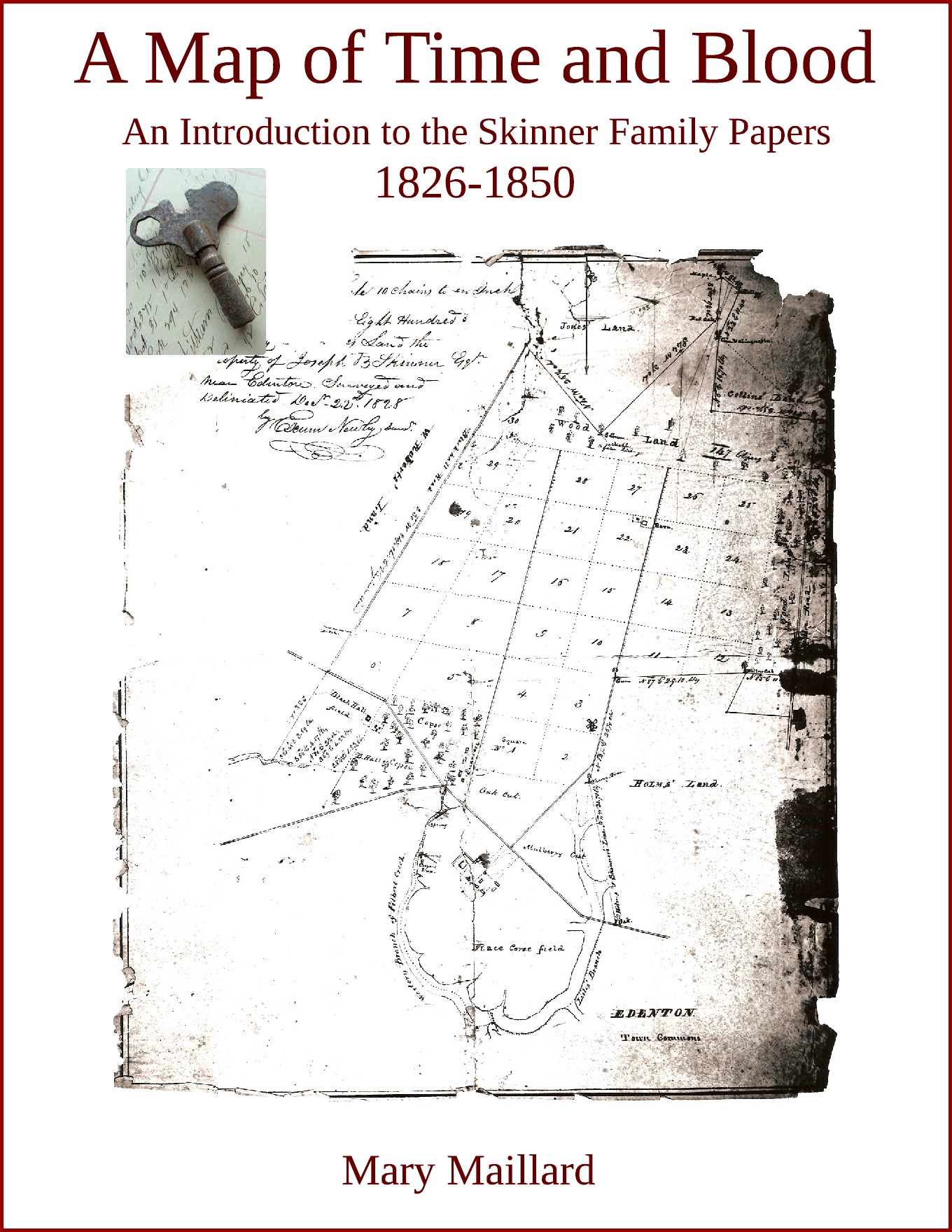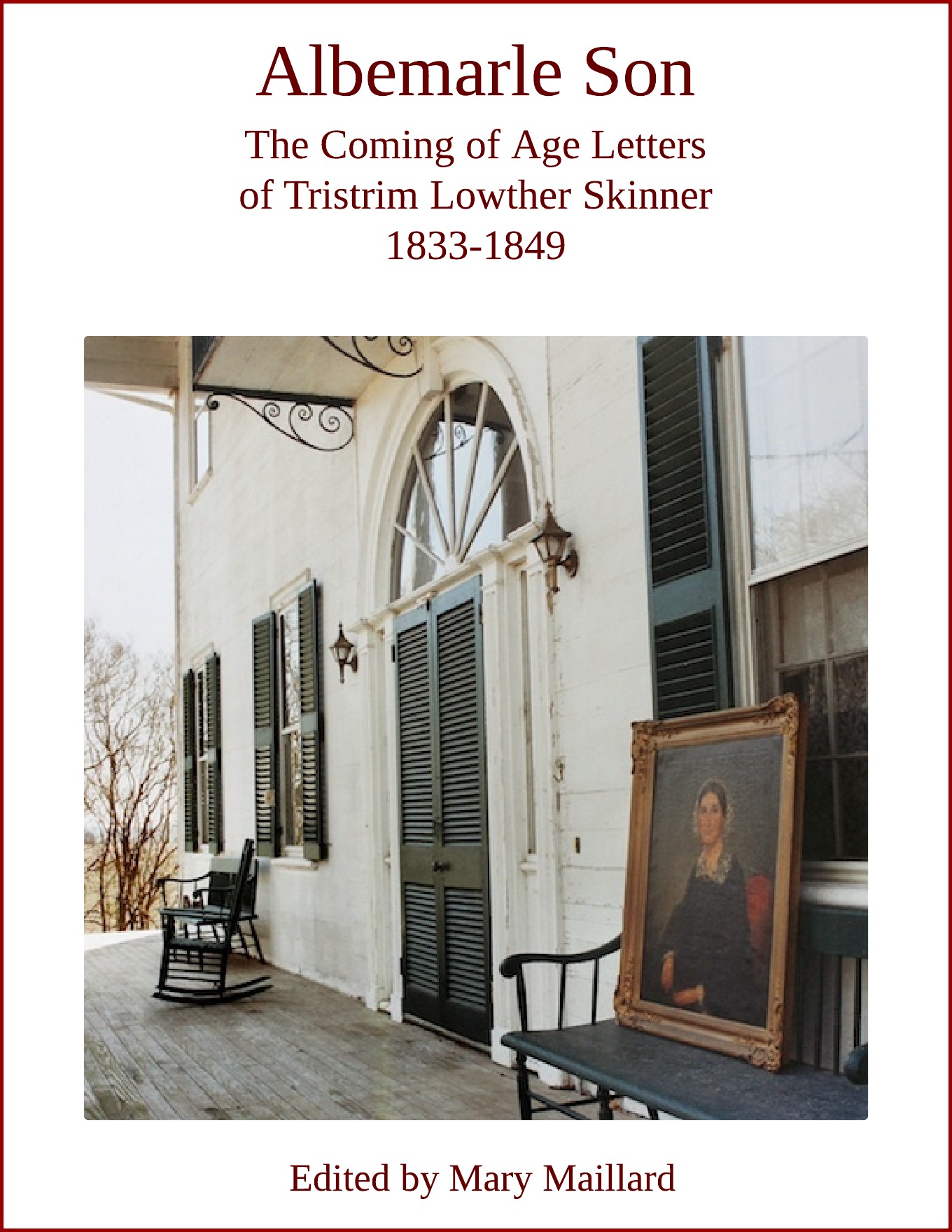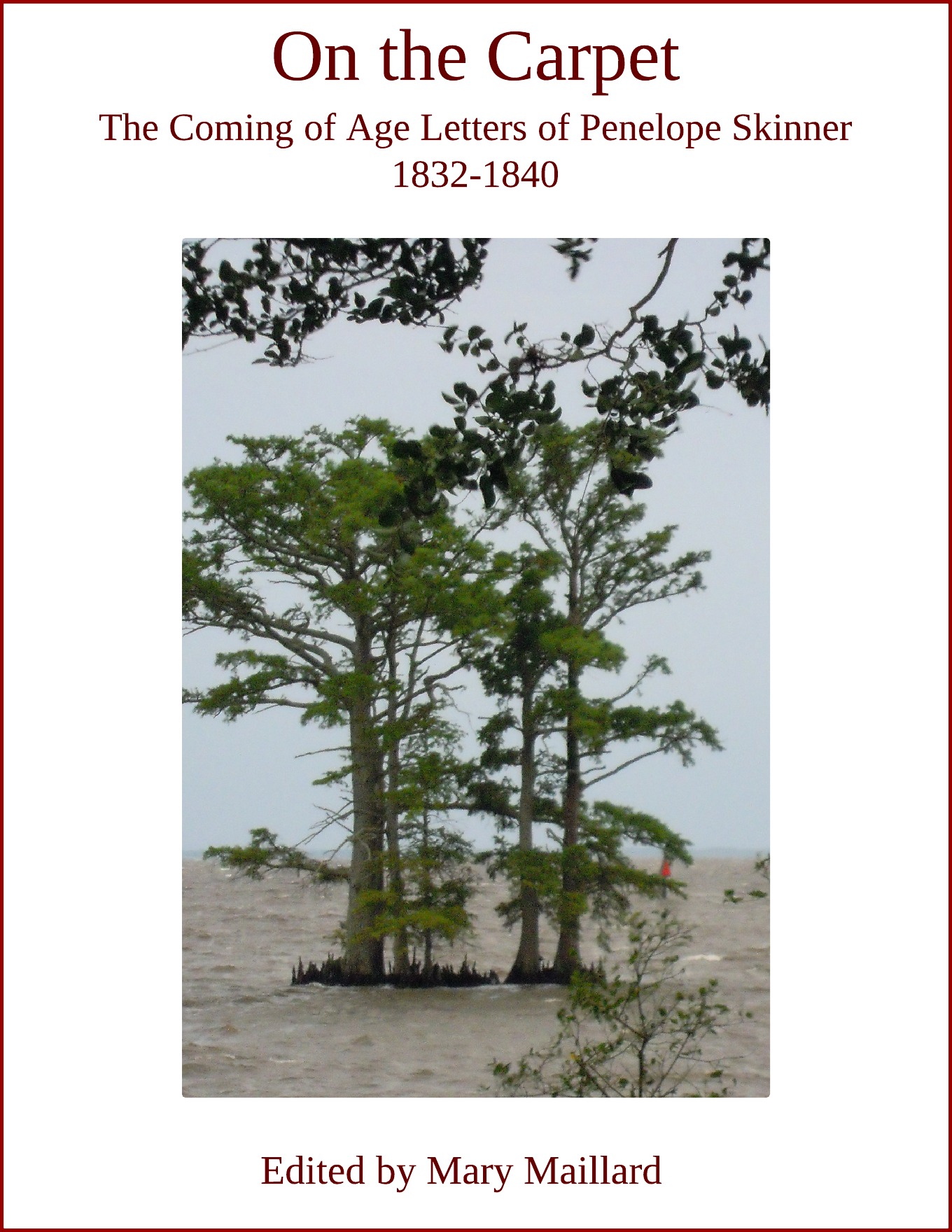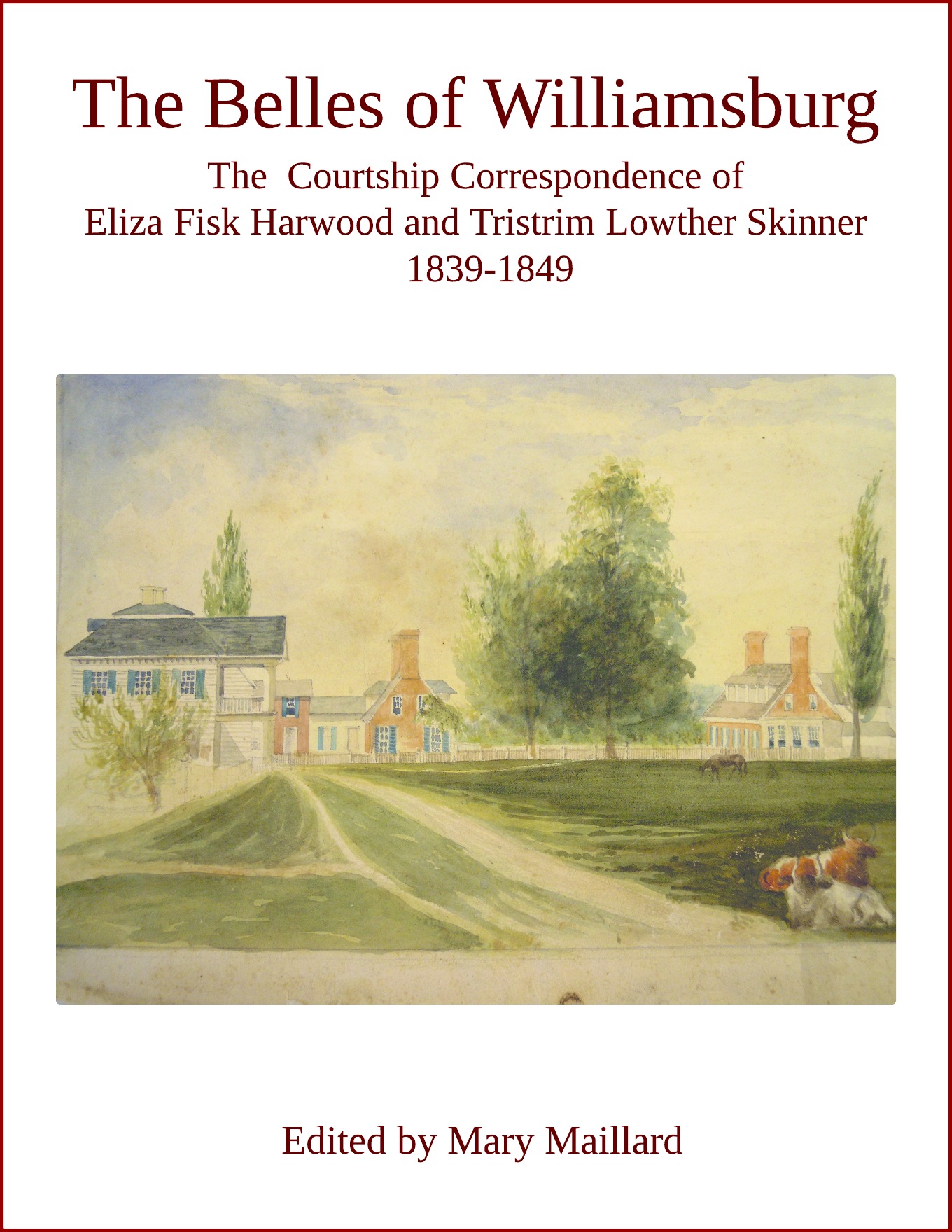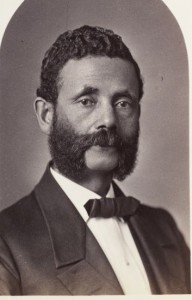
George W. Lowther (1822-1898), Joseph Blount Skinner’s enslaved valet, was emancipated in the mid 1840s and moved to Boston where he established a hairdressing business. Active in the abolitionist movement, he was elected in 1878 to the Massachusetts legislature.
Harriet Jacobs’s Incidents in the Life of a Slave Girl “contains some incidents so extraordinary, that, doubtless, many persons, under whose eyes it may chance to fall, will be ready to believe that it is colored highly, to serve a special purpose. But, however it may be regarded by the incredulous, I know that it is full of living truths. I have been well acquainted with the author from my boyhood. The circumstances recounted in her history are perfectly familiar to me. I knew of her treatment from her master; of the imprisonment of her children; of their sale and redemption; of her seven years’ concealment; and of her subsequent escape to the North. I am now a resident of Boston, and am a living witness to the truth of this interesting narrative.”
GEORGE W. LOWTHER.
George W. Lowther, barber, abolitionist, equal school rights activist, and Massachusetts legislator, was born a slave in Edenton, North Carolina. His mother, Polly Lowther (c.1780-1864), was an Edenton baker and the emancipated slave of wealthy planter Joseph Blount Skinner. Lowther married Sarah Logan of Boston in September 1852.
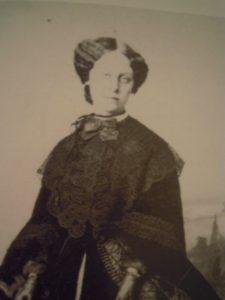
Louisa Jacobs served as bridesmaid at George W. Lowther’s 1852 Boston wedding. (Thought to be Louisa Jacobs, courtesy Jean Yellin).
Among the wedding guests were his old Edenton friends, Harriet Jacobs, and her daughter, Louisa M. Jacobs, who served as bridesmaid. George and Sarah Lowther’s nieces, teachers Sarah and Marianna Lawton, assisted Louisa Jacobs in running the Jacobs freedmen’s school in Alexandria, Virginia. Louisa’s life-long friendship with the Lawtons is mentioned in her recently discovered private letters, Whispers of Cruel Wrongs: The Correspondence of Louisa Jacobs and Her Circle, 1879-1911 (36).
Lowther was the first African American in Massachusetts to be admitted to the national temperance organization, the Right Worthy Grand Lodge. Along with lawyer George L. Ruffin (his next door neighbor in 1870) and Dr. John S. Rock, Lowther supported the Republican Party, and in 1878 he was elected to a two-year term in the Massachusetts House of Representatives where he represented Boston’s 9th Ward. In 1879, Lowther served with early equal rights activist Wendell Phillips and three others on a fundraising committee to aid African Americans who wanted to leave the South. When Wendell Phillips died in 1884, George W. Lowther was one of the speakers at Phillips’ memorial service. Continue reading

